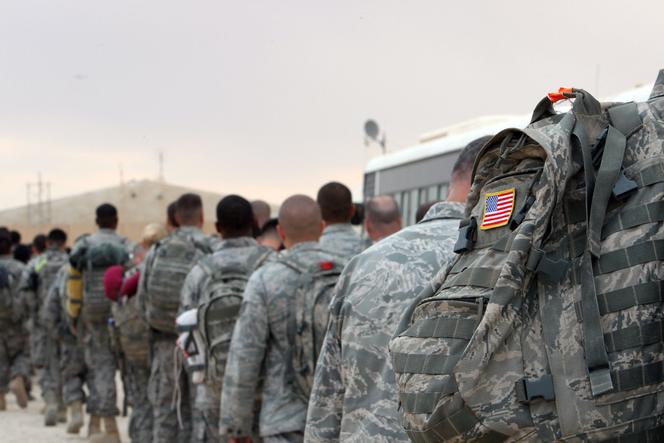


Rather than a hasty departure from Iraq under pressure from pro-Iranian militias, echoing the tumultuous exit from Afghanistan in August 2021, Washington has opted to negotiate with Baghdad on a planned exit for its troops. On Thursday, January 25, the United States and Iraq announced that talks would begin in the next few days to establish a roadmap and timetable for ending the international coalition's mission to fight the Islamic State.
Faced with the intensification of attacks carried out by these militias against American bases in Iraq and Syria since October 2023, Washington has acceded to Baghdad's demands to speed up the reevaluation of their strategic partnership. This reflection, initiated in 2020 between Iraq and the United States, will also have to be carried out with the other members of the anti-IS coalition, deployed since 2014 at Baghdad's invitation, including France.
Washington is in no hurry. According to an official Iraqi source quoted by the Associated Press, the US administration is proposing a withdrawal within two to five years. Baghdad would like to see a more rapid departure. The United States is firm in not giving in to threats from pro-Iranian militias, which will certainly claim victory when the foreign troops leave. With 10 months to go before the American presidential election, Joe Biden does not want to cede ground to his main opponent, former Republican President Donald Trump, who is mocking Biden's "weakness."
"The most important thing is to have an orderly plan for the withdrawal of coalition troops. Beyond that, the aim of its members is to set in motion a transition leading to the establishment of bilateral cooperation, which will require a timetable and logistics," commented Selin Uysal, an Iraq expert at the Washington Institute for Near East Policy (WINEP). Discussions will take place within the US-Iraq Higher Military Commission, established in August 2023, to assess "the threat of ISIS, the operational requirements, and the level of capabilities of the Iraqi security forces," said US Defense Secretary Lloyd Austin on Thursday.
The aim, however, said the Iraqi Foreign Ministry, is to establish a "precise timetable" on the "duration of the presence" of the international anti-IS coalition's advisors in Iraq and to initiate a "gradual and studied reduction" in their numbers. Discussions were already underway with the Biden administration following the joint security cooperation dialogue undertaken by Trump and former Iraqi Prime Minister Mustafa Al-Kadhimi in June 2020, already under pressure from pro-Iran militias.
You have 55% of this article left to read. The rest is for subscribers only.
